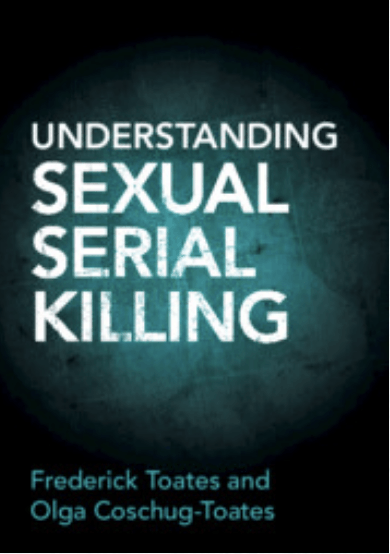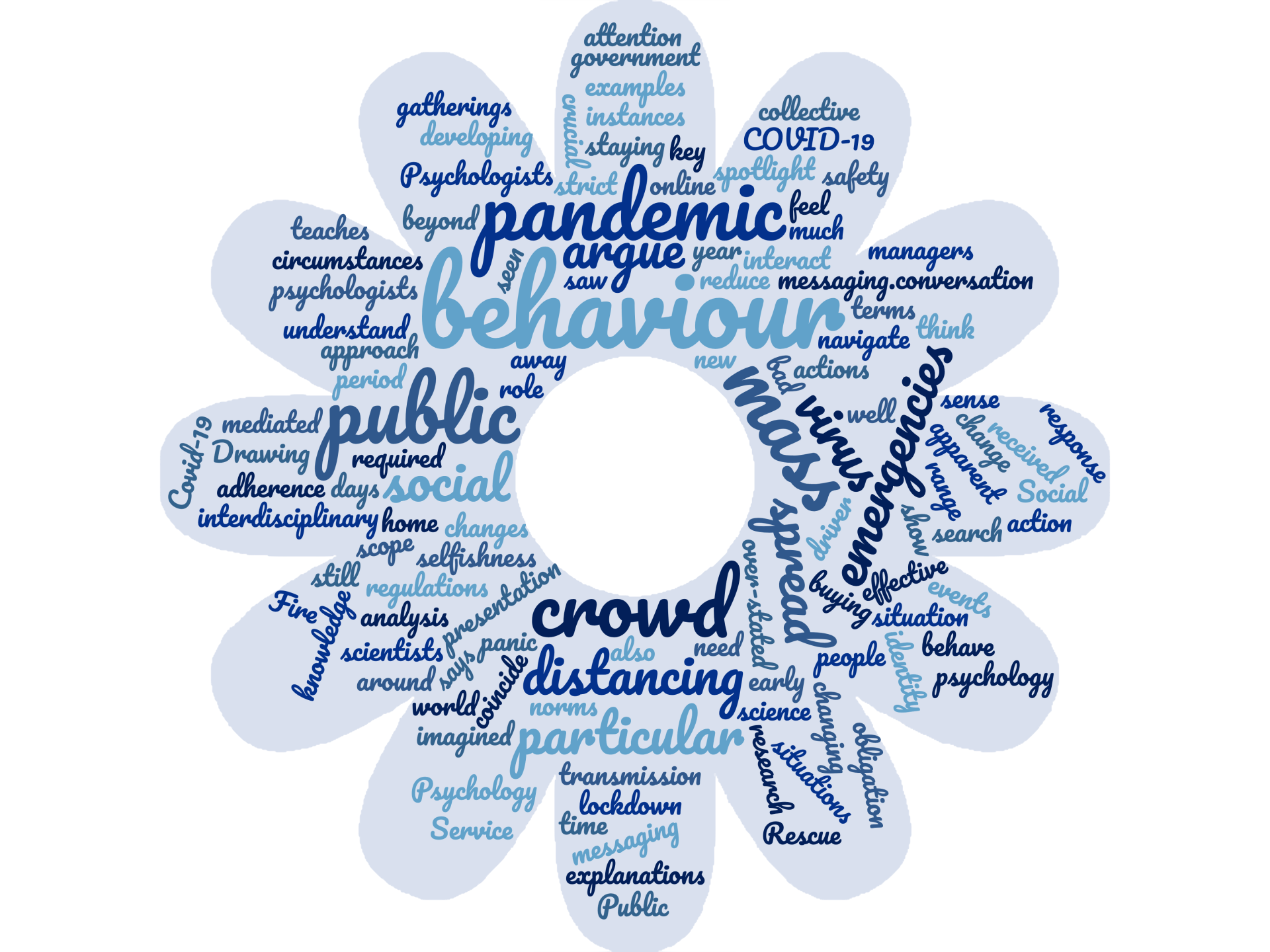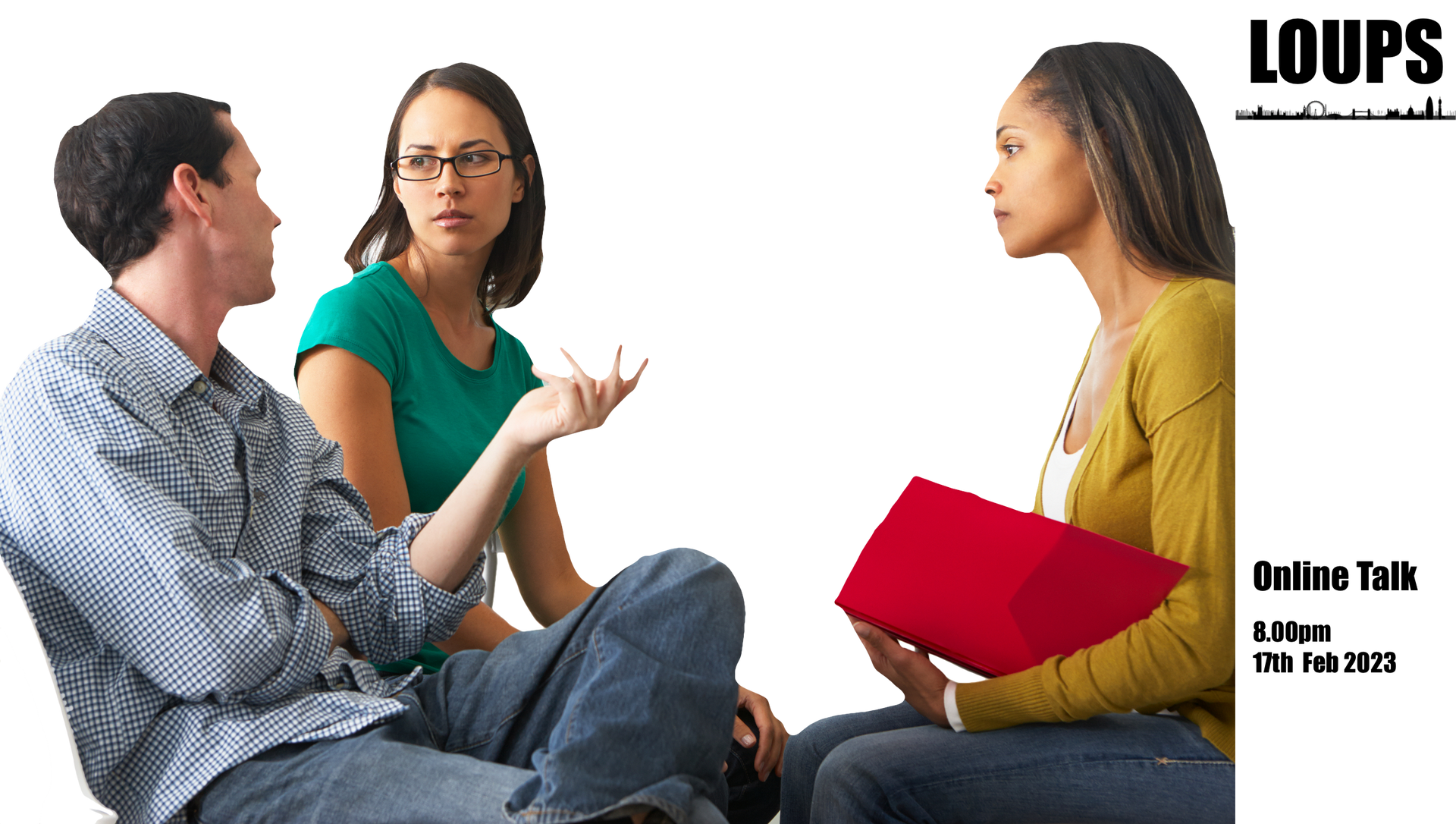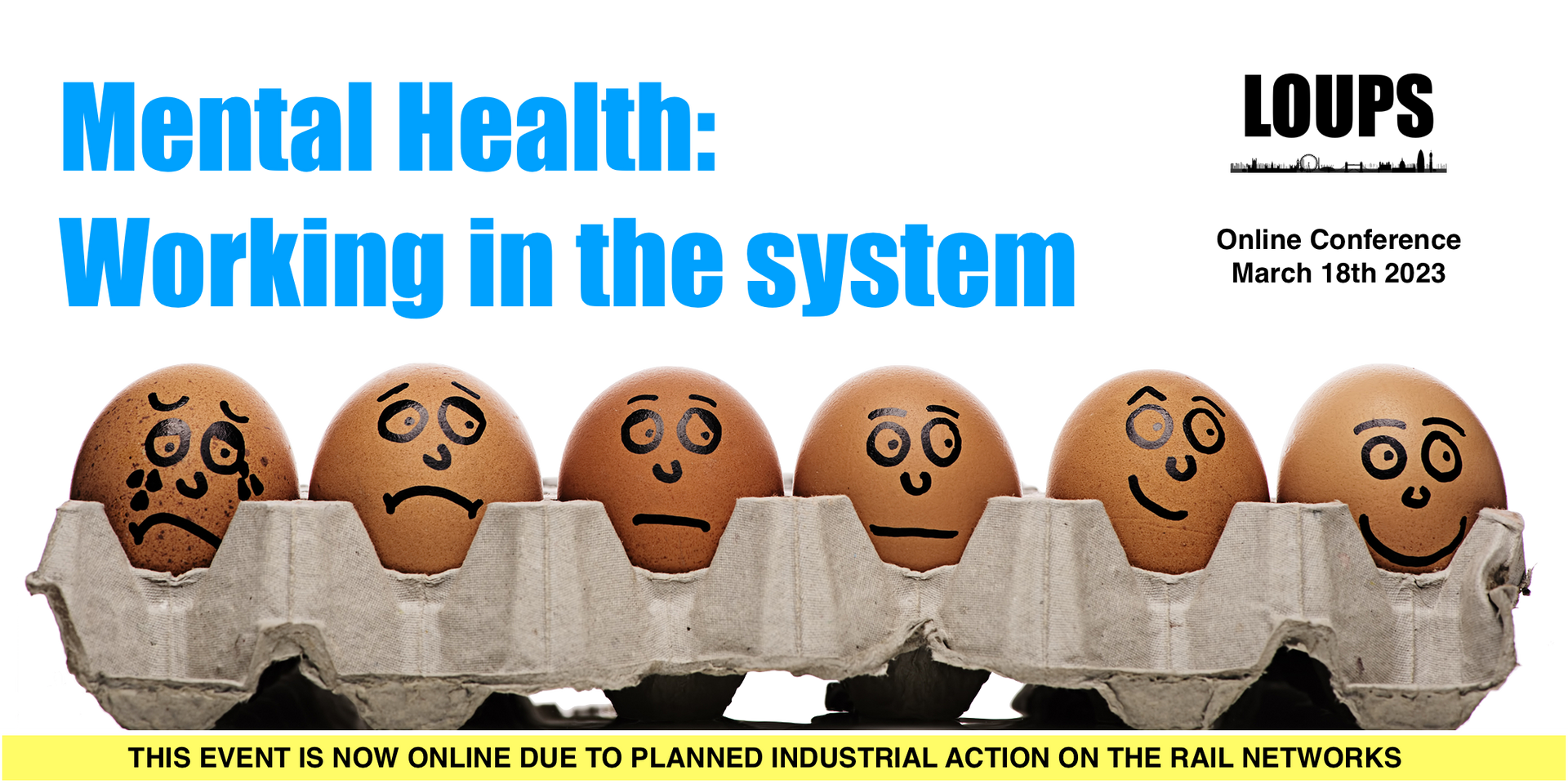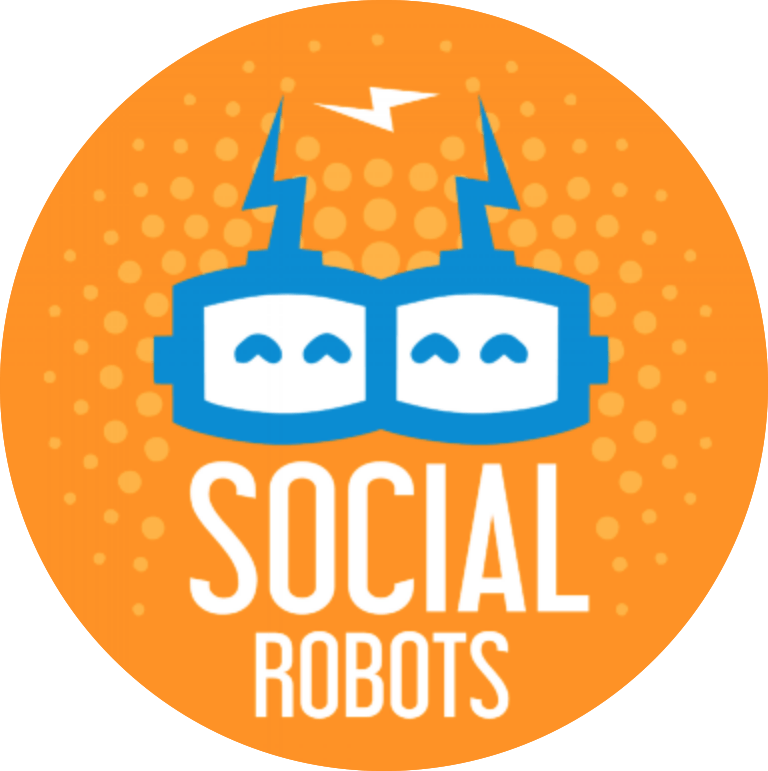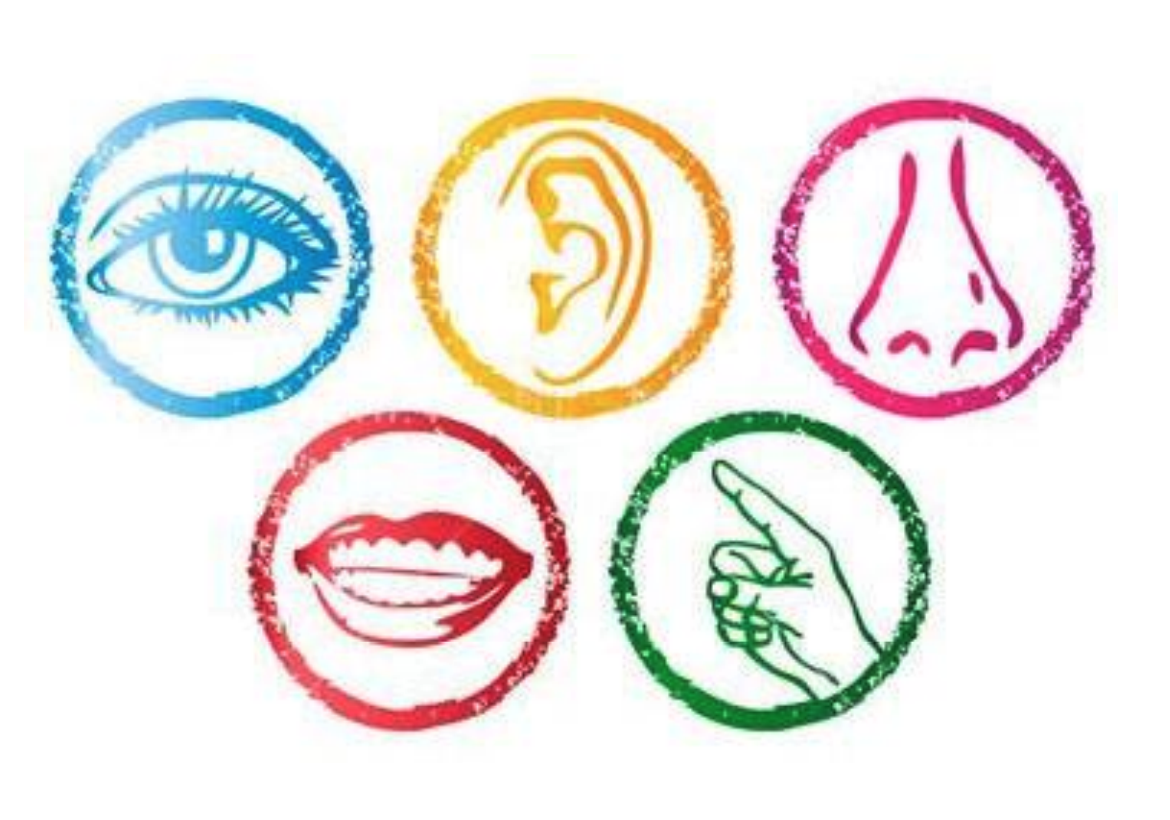Your Amazing Brain - Spring Conference 2024
London Open University Psychological Society Conference.
16th March 2024 London School of Economics.
The brain is many things. Arguably one of which includes being taken for granted or unfairly berated when we are feeling rough. However, we could all benefit from taking a moment to reflect on the truly amazing things our brains allow us to experience, not least because for some of us and our loved ones, we will fall prey to devastating illnesses which will steal our memories away. Although, as we were reminded of during the brilliant lectures throughout the day, hope remains in the darkest of situations.
The March 2024 London Open University Psychological Society Conference, Your Amazing Brain, saw four wonderful talks delivered to a large, captivated audience on topics including time perception, consciousness, music and memory, and emotions.
'The Psychology of Time Perception' - Claudia Hammond
The BBC’s All in the Mind presenter, Honorary Doctor of the Open University, and accomplished author [https://claudiahammond.com], Claudia Hammond opened the conference with The Psychology of Time Perception. Time perception demonstrates our amazing brain’s ability to warp time, how the subjective experience of time varies so significantly, and how the brain’s extrasensory experience can colour our world in more ways than one. Take twenty minutes, for example. Twenty minutes for a break feels different to waiting for a bus for the same amount of time. Claudia mentioned how temperature has been found to impact our subjective experience of time, which, as someone who is often boiling hot, I certainly notice that feeling trapped in a hot room makes time crawl. Illness can similarly warp our time perception in addition to emotional and affective impacts such as being afraid or feeling bored. Indeed, the significance of emotions was a recurrent theme throughout the day.
What colour is today? Claudia experiences days of the week as being a particular colour, for example, Sunday is white, and Monday is red. The phenomenon of having these experiences is synaesthesia. It can encompass a range of experiences. Claudia and All in the Mind sought the perspectives of people with synaesthesia and examples included time as a spiral. The orientation of how we read, for example left-to-right can impact how we perceive and conceptualise time. We can use our ability to warp time to our advantage by, for example, making new memories on our days off, just as we do on holidays. We should also be mindful of the planning fallacy in which we think we will have more time in the future only to find we run out. That hit me hard in my deadline daredevil soul…
Roving mics enabled a lively question and answer session prior to the end of Claudia’s talk. Questions included the difference between anaesthesia and sleep, screens and the passing of time, and flow. We could have asked questions all day, but alas, we were out of time. We could warp no more. Claudia’s lecture had demonstrated our amazing brain’s ability to warp time and the subjectivity of our individual experiences of consciousness.
'Consciousness and its Physical Substrate' - Christof Koch
Professor Christof Koch presented our second lecture, Consciousness and its Physical Substrate. Christof presented via Zoom from the Pacific Northwest of America where the local time was about 5am! Multi-hyphenate Christof’s roles include ‘Meritorious Investigator’ at the Allen Institute [https://alleninstitute.org/person/christof-koch]. Christof’s lecture demonstrated our amazing brain’s ability to have phenomenal experiences which, for two people in the same place at the same time, may not reflect the same reality. For example, remember the dress? Blue/black or white/gold?
Christof mentioned two conscious experiences: a near-death experience, and the stream of consciousness, saying that “if you want to study consciousness, you must study experience”. Reflecting upon a time we faced near death can be an emotional, multi-sensory experience, but it is the brain which is the organ of consciousness. There must be a neural correlate to consciousness which can be induced. Thus, inhibiting the neural correlate inhibits consciousness. Brain studies can demonstrate reactivity patterns, for example, through the use of functional MRI. However, it is more complicated than X=Y as there are a lot of confounds. Moreover, paying attention to something is not the same as being conscious of something, and not all brain activity is a neural correlate. There is a lot of exciting work continuing with evidence coming from, for example, studies of lesions [function loss], stimulation [function gain], and in neuroimaging/recording.
Christof’s Q&A session was diverse and interesting. There was a discussion about the heart problem and other variability in experience, emotions, and consciousness, and of bypassing the heart problem by starting in the brain. Consciousness is being, not [solely] an intellectual experience. Somebody referenced the work of another wonderful previous LOUPS presenter, Anil Seth [https://www.loups.org.uk/loups-conference-2020technology-and-psychology]. Christof likes some of the aspects of Anil’s eloquent work but there are some differences: as in consciousness! With much to think about and admiration for a wonderful lecture despite the early hour, we bid ciao to Christof and his amazing brain.
Click below to watch Christof's talk:
'Music, Memory, and Identity' - Catherine Loveday.
Professor of Neuropsychology and passionate musician, Professor Catherine Loveday launched the afternoon session with a lively and interactive lecture, Music, Memory, and Identity. Catherine’s lecture demonstrated our amazing brain’s ability to devastate when function declines. However, even within the saddest of circumstances, there can still be links to happier times which survive. As Catherine said, “we cling to our memories because they make us who we are” and are a social tool linking to our experiences. For example, music is an especially important facilitator of our memories. The programme, Desert Island Discs, demonstrates this phenomenon.
Desert Island Discs [DID] is the long running Radio 4 programme in which guests discuss the eight songs they would take with them to a desert island [https://www.bbc.co.uk/programmes/b006qnmr]. In a study of eighty guests of DID, emotional response to songs was the most relevant reason underlying their choices, with the age period of 11-20 being the most significant. Indeed, this time in the developmental trajectory is significant for memory of music, memory for music, and musical preference, in addition to books. This is a consistent finding of the importance of this emotional time. The nostalgia. However, what happens should our memory fail us? Catherine showed a video clip from Dr Oliver Sacks’ work in which a depressed and non-responsive patient suffering with Alzheimer’s who, upon being played music from his past, completely transforms him to dancing along. It is an emotional clip demonstrating our amazing brain’s ability to offer glimmers of hope in the darkest of times, and the joys in the music of our youth, beyond our youth.
Catherine’s Q&A session included questions about perfect pitch, and questioning whether music helps or hinders studying. As with most things, it is not a black-and-white situation. There can be benefits to having music in the background while studying. However, if the music is distracting, then this can cause issues. Who hasn’t put on music for some inspiration only to end up performing a one-woman concert living out one’s superstar daydreams in their PJs…?! Ahem. Fundamentally, it depends on the situation and the person: some find classical music the perfect background music for studying where others enjoy the catharsis of someone externally screaming. Music, Memory and Identity was an emotional lecture which demonstrated our amazing brain by reiterating the importance of music’s inextricable links with our memory and identity. It was a reminder to us all to make the most of life and experiences. While we may lose some of our memories and identity through illness, music may offer glimpses of hope that should not be underestimated.
'The Importance of Emotions' - Dean Burnett
The final lecture of the conference was delivered by Neuroscientist, blogger, author and sometime comedian, Dr Dean Burnett. Dean’s lecture, The Importance of Emotions demonstrated our amazing brain’s complexity of expressions and feelings. Emotions are something which has a taken for granted nature in that, when writing a book about the science of emotion, Dean found that there were no concrete answers nor single definition. Emotions have an effect in the body such that tears are not only one thing: basal tears are chemically different to psycho-emotional tears. The language of emotions varies also, for example, being ‘heartbroken’ or ‘having butterflies’ is not a literal representation of what is happening yet is a shared understanding mediated by this language, although sensory factors are important also.
The sight, sounds, and smells of emotion can be overwhelming. Smell has been found to be particularly powerful with emotion, and especially memory. There is an evolutionary aspect to this relationship as, for example, a bad smell can represent a warning. Music is important for memory and Dean, like Catherine, referenced the music of our youth and its lifelong power. For example, Dean described/outed himself as a “Vengaboys apologist”. No judgement! We all like to party. Everybody’s jumping aside, other genres of music can be used to express our emotions, for example, listening to sad songs allows us to empathise with the sadness through the music thus avoiding bottling up our sadness. Dean suggested that if we did not have emotions, we would be much smarter using the example of pets, especially cats. How would you explain pet cats to aliens? Furry, demanding sociopaths, but look at their cute little face?! Our amazing brains devastate, delight, warn, thrill, confuse, and emotions play an integral role.
The roving mic’s final jaunt saw discussions around the influence of social media on our collective emotions. While there is no simple answer, Dean’s Q&A session referenced the importance of where we direct our attention, such that if we are focusing on negative emotions, the negativity is what we will see. A question capturing every talk of the day concerned the power grief has and the toll it can take. Grief can overwhelm us, colour our days grey and hopeless, make consciousness a torture, have us sobbing at certain songs and the memories tied to them. Dean stated that grief can backfire and become chronic, but we can also keep the person alive. There is no one singular experience.
Your Amazing Brain was the latest in an extensive history of incredible events organised by LOUPS. Our brains are the organs of consciousness through which the world is perceived. Claudia illuminated the multisensory nature of our experiences, the colours of our days, and our ability to warp time. Christof demonstrated the brain being the organ of consciousness and how studies of damaged brains provide insight into functionality. Catherine provided laughs amongst the sadness and the power music has on a person, such that the songs of our youth can relight our fire in later life. Finally, Dean used cats and the Vengaboys to draw on the power of emotions.
This was an awesome conference with enduring impact. For example, in the five months since this conference, I have used at least one example from each lecture in everyday life because, in addition to being intellectually stimulating, LOUPS host events which are relevant and meaningful. So, stop putting off that project, pay attention to the experiences that matter to you, make your own Desert Island Discs playlist for days when you need to reminisce, and do not try to smother your emotions.
Thank you to our spectacular presenters, Claudia, Christof, Catherine, and Dean. Thank you to Amada, David, and all at LOUPS for hosting such a legendary conference that will stay with us for a long time. Thank you for LOUPS attendees new and old.
See you at the next LOUPS event!
